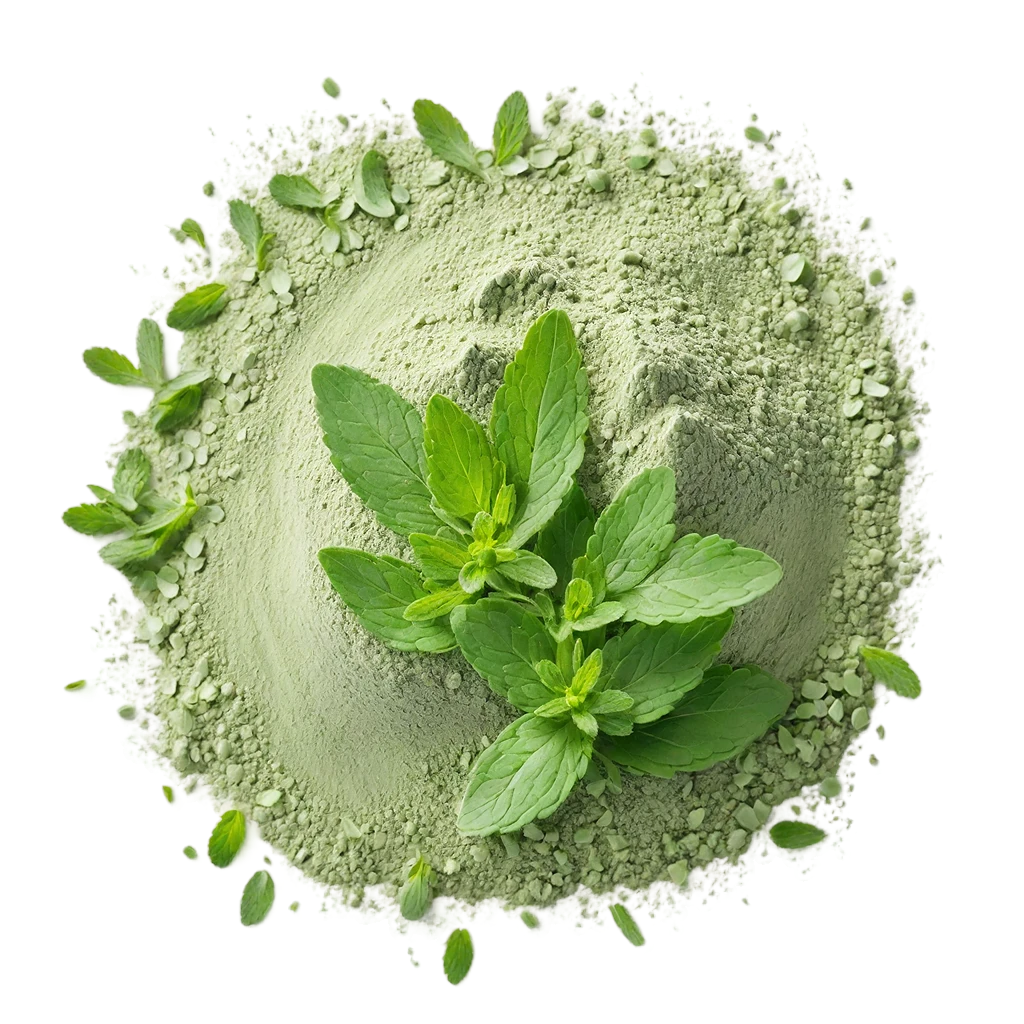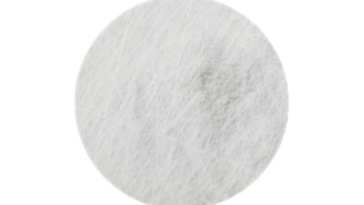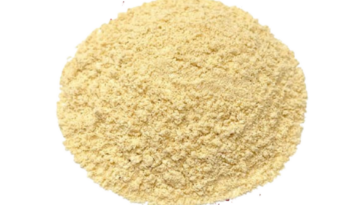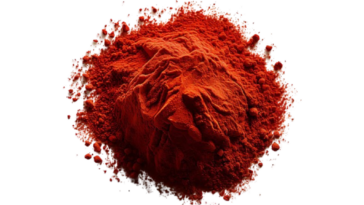Stevia extract, derived from the leaves of the Stevia rebaudiana plant, has a rich history deeply rooted in South America. Indigenous to Paraguay and Brazil, the Guarani people have long used Stevia leaves to sweeten teas and medicinal concoctions. The plant’s sweetness was discovered by these native peoples centuries ago, and they regarded it as a valuable natural sweetener and medicinal herb. Traditional uses of Stevia included treating ailments such as stomach issues, burns, and even as a form of birth control.
In the 19th century, European explorers and settlers encountered Stevia during their travels in South America. Its sweetening properties intrigued them, and the plant eventually made its way to Europe and other parts of the world. However, it wasn’t until the mid-20th century that Stevia gained significant attention outside of South America. Japanese scientists began researching Stevia in the 1960s as an alternative sweetener, particularly due to its non-caloric nature, making it attractive for use in food products for individuals with diabetes or those seeking to reduce their sugar intake. Since then, Stevia extract has gained popularity worldwide as a natural, zero-calorie sweetener, utilized in various food and beverage products as an alternative to artificial sweeteners.
Vitamins & Minerals:
Stevia extract, derived from the leaves of the Stevia rebaudiana plant, primarily consists of various phytochemical compounds, including vitamins and minerals. While Stevia is renowned for its intense sweetness without the added calories, it also contains small amounts of certain vitamins and minerals beneficial to human health.
- Vitamin C: Stevia leaf extract contains Vitamin C, also known as ascorbic acid, albeit in modest amounts. Vitamin C is a potent antioxidant crucial for collagen synthesis, which is vital for maintaining healthy skin, bones, and blood vessels. Additionally, it aids in boosting the immune system, protecting cells from damage caused by free radicals, and facilitating the absorption of iron from plant-based sources. While Stevia might not be a primary source of Vitamin C, its inclusion contributes to the overall nutrient profile of the extract.
- Calcium: Another essential mineral found in Stevia extract is calcium, though in relatively low concentrations. Calcium plays a fundamental role in maintaining strong bones and teeth, regulating muscle contractions, including heartbeat, and ensuring proper nerve function. While dairy products are often cited as primary sources of calcium, incorporating plant-derived sources like Stevia into the diet diversifies intake options, particularly for individuals following a vegan or lactose-free diet. Though Stevia extract may not provide significant amounts of calcium on its own, its inclusion can contribute to overall calcium intake when combined with other calcium-rich foods and supplements.
Probiotic, Prebiotic, or Postbiotic:
Stevia extract, derived from the leaves of the Stevia rebaudiana plant, is primarily known as a natural sweetener. While it doesn’t inherently act as a probiotic, prebiotic, or postbiotic like some other substances, it may indirectly influence gut health due to its properties.
- Prebiotic: Prebiotics are non-digestible fibers that stimulate the growth or activity of beneficial bacteria in the gut. Stevia extract itself doesn’t contain significant amounts of prebiotic fibers. However, some studies suggest that certain compounds in stevia, such as stevioside and rebaudioside, may have a potential prebiotic effect by promoting the growth of beneficial bacteria like Lactobacillus species in the gut. However, more research is needed to confirm this effect and its significance.
- Probiotic: Probiotics are live microorganisms that confer health benefits when consumed in adequate amounts. Stevia extract doesn’t contain live microorganisms, so it can’t be considered a probiotic on its own. However, if stevia is used as a sweetener in probiotic-rich foods like yogurt or kefir, it may indirectly support the survival and growth of probiotic bacteria by providing a favorable environment for their growth.
- Postbiotic: Postbiotics are bioactive compounds produced by probiotic bacteria during fermentation or metabolism that confer health benefits. Stevia extract itself is not a postbiotic. However, if stevia is used in the production of fermented foods or beverages containing postbiotics (such as short-chain fatty acids or certain peptides), it may indirectly contribute to the presence of these beneficial compounds.
In summary, while stevia extract isn’t a probiotic, prebiotic, or postbiotic in its own right, it may indirectly influence gut health when consumed as part of a diet that includes probiotic-rich foods or foods containing prebiotics or postbiotics. However, more research is needed to fully understand the extent of its impact on gut microbiota and overall gut health.
Dietary & Health Information:
Stevia extract, derived from the leaves of the Stevia rebaudiana plant, is a natural sweetener known for its intense sweetness without adding calories or raising blood sugar levels. Here’s some dietary and health information about stevia extract:
1. Caloric Content: Stevia extract is virtually calorie-free, making it an attractive alternative to sugar for those looking to manage their calorie intake or blood sugar levels.
2. Sweetness: Stevia extract is incredibly sweet, often reported to be around 200 to 400 times sweeter than table sugar (sucrose). Due to its potency, only small amounts are needed to sweeten foods and beverages.
3. Glycemic Impact: Unlike sugar, stevia extract does not significantly affect blood glucose levels, making it a suitable option for individuals with diabetes or those following a low-carbohydrate diet.
4. Health Benefits: Stevia extract has been studied for various potential health benefits, including its role in managing blood sugar levels, blood pressure, and weight. Some research suggests that it may also have antioxidant and anti-inflammatory properties.
5. Safety: Stevia extract is generally considered safe for most people when consumed in moderation. However, some individuals may experience side effects such as gastrointestinal discomfort or allergic reactions. It’s always wise to consult with a healthcare professional before incorporating stevia extract into your diet, especially if you have any underlying health conditions or concerns.
6. Maximum Intake: While stevia extract is considered safe, there isn’t a universally agreed-upon maximum intake limit. However, regulatory agencies like the FDA have established acceptable daily intake (ADI) levels for specific steviol glycosides, the compounds responsible for stevia’s sweetness. For example, the FDA has set the ADI for steviol glycoside stevioside at 4 milligrams per kilogram of body weight per day. It’s essential to be mindful of how much stevia extract you’re consuming and to stay within recommended limits.
Overall, stevia extract can be a valuable addition to a balanced diet, particularly for those looking to reduce their sugar intake or manage certain health conditions like diabetes. However, like any food or ingredient, it’s best enjoyed in moderation as part of a diverse and nutrient-rich eating plan.




 No products in the cart.
No products in the cart.